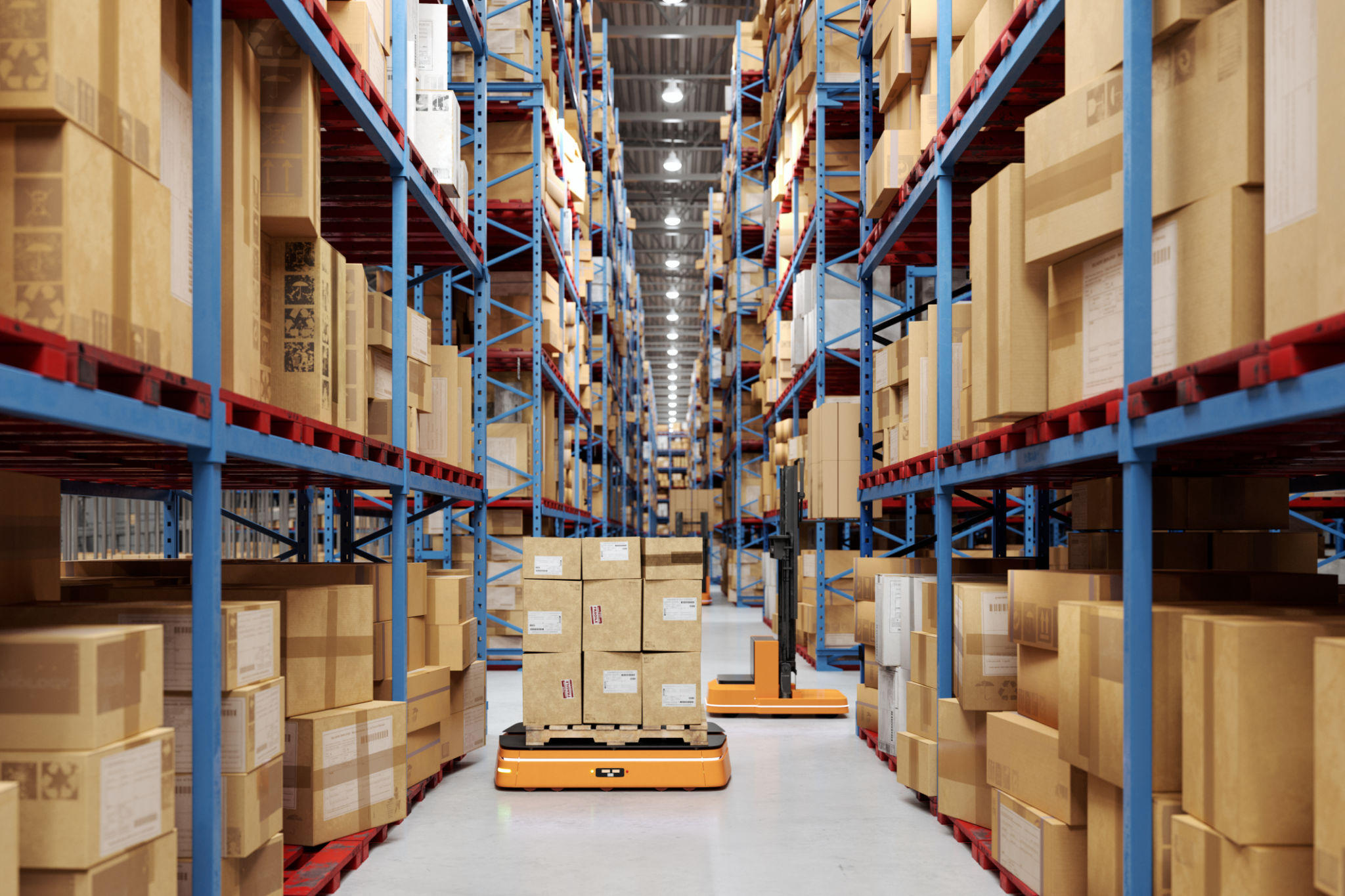How Technology Trends Are Shaping Freight Management
T4
Introduction to Technology in Freight Management
The freight management industry is undergoing a significant transformation, driven by rapid technological advancements. As companies strive to improve efficiency and reduce costs, embracing these technologies has become essential. From automation to data analytics, the landscape is evolving at an unprecedented pace.

Automation and Robotics
Automation is revolutionizing freight management. With the advent of robotics, tasks that once required manual labor can now be completed more efficiently and accurately. Automated guided vehicles (AGVs) and drones are becoming integral to operations, reducing human error and speeding up delivery processes.
Robotics in warehouses is not only improving operational efficiency but also enhancing safety standards. By handling repetitive tasks, robots allow human workers to focus on more strategic and value-added activities.
Impact on Labor
While automation offers numerous benefits, it also raises questions about workforce dynamics. Companies are investing in training programs to upskill employees, ensuring they can work alongside these new technologies.

Data Analytics and IoT
The integration of data analytics and the Internet of Things (IoT) is enabling companies to make informed decisions. By collecting and analyzing data from various sources, freight managers can optimize routes, reduce fuel consumption, and improve delivery times.
IoT sensors provide real-time tracking, ensuring transparency and accountability throughout the supply chain. This technology helps in monitoring the condition of goods, predicting maintenance needs, and enhancing overall operational efficiency.
Enhancing Customer Experience
With real-time data, companies can offer customers accurate delivery estimates and updates. This transparency builds trust and enhances the customer experience, a crucial factor in today’s competitive market.

Blockchain for Transparency
Blockchain technology is emerging as a powerful tool for enhancing transparency and security in freight management. By creating an immutable ledger, blockchain ensures that all transactions and movements are recorded and verified.
This technology minimizes the risk of fraud and discrepancies, providing all stakeholders with a clear view of the entire supply chain process. Trust and security are paramount, and blockchain delivers both effectively.
Future Prospects
As blockchain continues to develop, its potential applications in freight management are vast. From smart contracts to decentralized logistics, the possibilities are promising and could redefine industry standards.
Conclusion
The impact of technology on freight management is undeniable. As these trends continue to evolve, companies that adapt and integrate them into their operations will likely lead the way in efficiency and customer satisfaction. Embracing these innovations is not just an option—it’s a necessity for future success.
